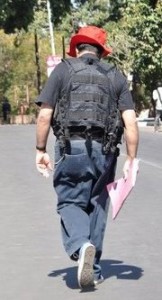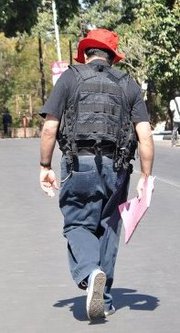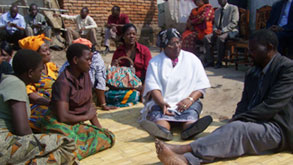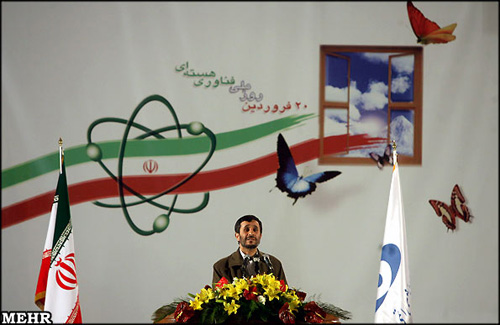
The events of 20 July – when violence, looting and deaths marred national protests over poor economic and democratic governance – are uncharacteristic of Malawi, a country that has enjoyed relative calm for the past 47 years of independence. The big question now is – what next?
What? You are invited to a brown bag session on 29 July in the OSISA boardroom – 1 Hood Street, Rosebank. The briefing will be conducted under Chatham House rules so nothing can be directly attributed to anyone in the room.
Who? Dr Edge Kanyongolo, a lecturer at the Law School at the University of Malawi;
Francis Ng’ambi, independent consultant and political analyst;
Undule Mwakasungula, Director of Centre for Human Rights and Rehabilitation;
Kondwani Munthali, a Nation newspaper reporter who was beaten and briefly detained.
RSVP: Please RSVP to Roshneen@osisa.org Thursday, 28 July 2011.
We apologise for the late invitation but this has been arranged urgently.
The government of President Bingu wa Mutharika enjoyed a landslide victory in the 2009 elections following a successful first term, when Malawi managed to address persistent hunger and achieved good economic growth. But sadly his second term has been a completely different story as his government has undermined many basic rights and freedoms – by restraining the media, limiting protests, and passing a number of other oppressive laws that violate the constitution. Poor economic policies have resulted in acute foreign currency and fuel shortages. And the government’s response to growing discontent has been to threaten critics and particularly civil society activists.
Over recent months, faith-based groups, academics and civil society organisations have all petitioned the government – urging the authorities to halt the trend towards authoritarianism and a return to the bad old days of one party rule. But the government has simply blamed its opponents.
With no solution in sight, thousands of people took to the streets on 20 July – in a series of marches that had long been planned and advertised. Ironically, the same government that passed a law outlawing ex parte injunctions against the government granted an injunction to a single citizen to stop the demonstrations taking place. This clear manipulation of the justice system angered many when it was announced to those gathered to march the next day. Unfortunately, violence ensued with buildings being set on fire and looted. The police used live ammunition among other weapons to try and control the situation – and 18 people died in the process.
Days after the demonstration, the government remains unapologetic with the president publicly threatening to ‘smoke out’ the organisers of the match. Arrest warrants for treason are apparently going to be issued to some civil society leaders, including Undule Mwakasungula, McDonald Sembereka, Rafik Hajat and Benedict Kondowe, as well as the Vice-President, Joyce Banda, and some opposition political leaders.
So the question is what next? Government has been given three weeks to respond to a petition handed over during the match but it is unlikely any positive response will be provided – so follow-up protests are being discussed. But will this just result in more bloodshed? Or will the president listen to reason – and his people – and change course? Will the people of Malawi remain steadfast in their desire to see a return to genuine democracy? Or will we see another Zimbabwe in Malawi?
Join us for this important brown bag session to hear the insights of the four panellists. This is an open invitation so please feel free to pass it on to yours colleagues and networks.
Roshnee Narrandes
Civil Society Partnerships Programme Manager
Open Society Initiative for Southern Africa
1st Floor, President Place
1 Hood Avenue / 148 Jan Smuts Avenue
Rosebank, Johannesburg, South Africa
PO Box 678, Wits, 2050
Tel: +27 (0) 11 587 5000
Fax: +27 (0) 11 587 5099
Web: www.osisa.org

.jpeg&w=60&q=100&h=60)




.jpeg&w=60&q=100&h=60)






